Labor concerns raised in Türkiye’s textile industry after possible return of Syrians
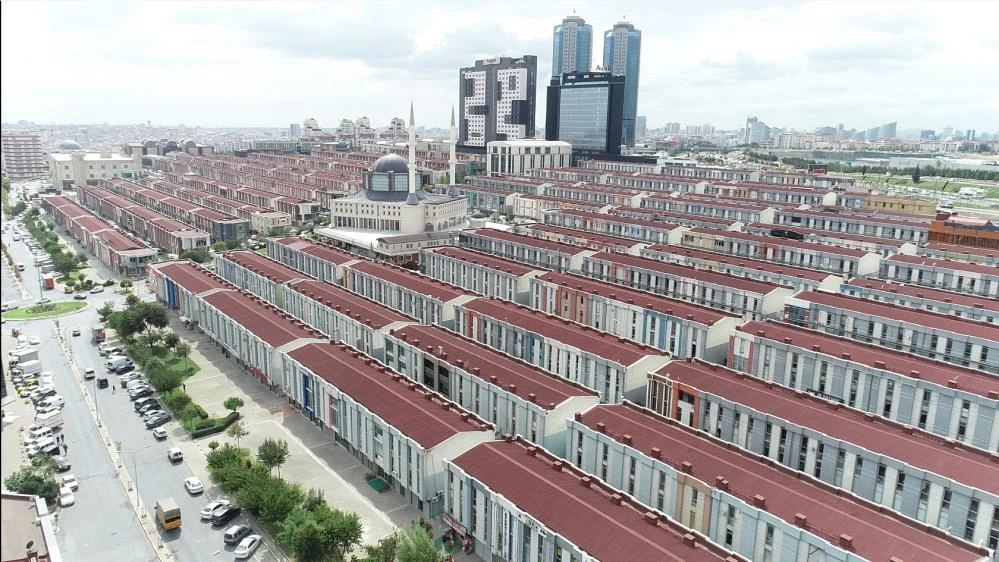 A file photo shows an aerial view of Giyimkent, a cooperative and major wholesale textile and apparel hub in Istanbul, Türkiye. (IHA Photo)
A file photo shows an aerial view of Giyimkent, a cooperative and major wholesale textile and apparel hub in Istanbul, Türkiye. (IHA Photo)
Muzaffer Cevizli, the Chief of the Board of Directors at Giyimkent, one of Türkiye’s biggest textile industry hubs located in Istanbul, raised concerns about potential labor shortages in the sector because of the repatriation of Syrian workers.
Interviewing to Ihlas News Agency on Wednesday, Cevizli highlighted the labor-intensive nature of the textile industry, which currently employs 1.5 million people in Türkiye.
He pointed out that Syrian workers account for 10% of this workforce.
“The return of Syrians is progressing slowly at the moment, but as this number grows in the future, the textile sector will be adversely affected,” Cevizli said.
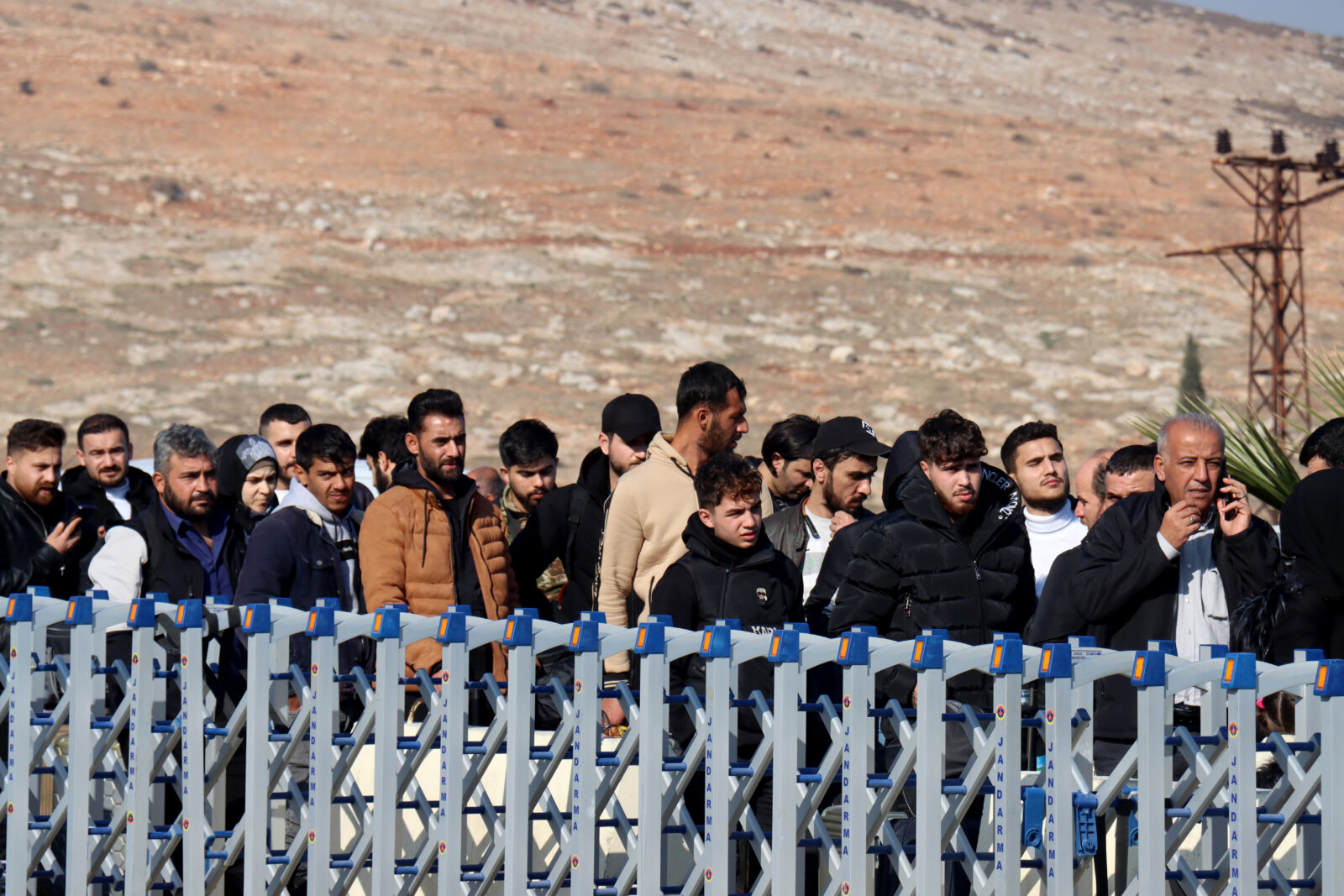
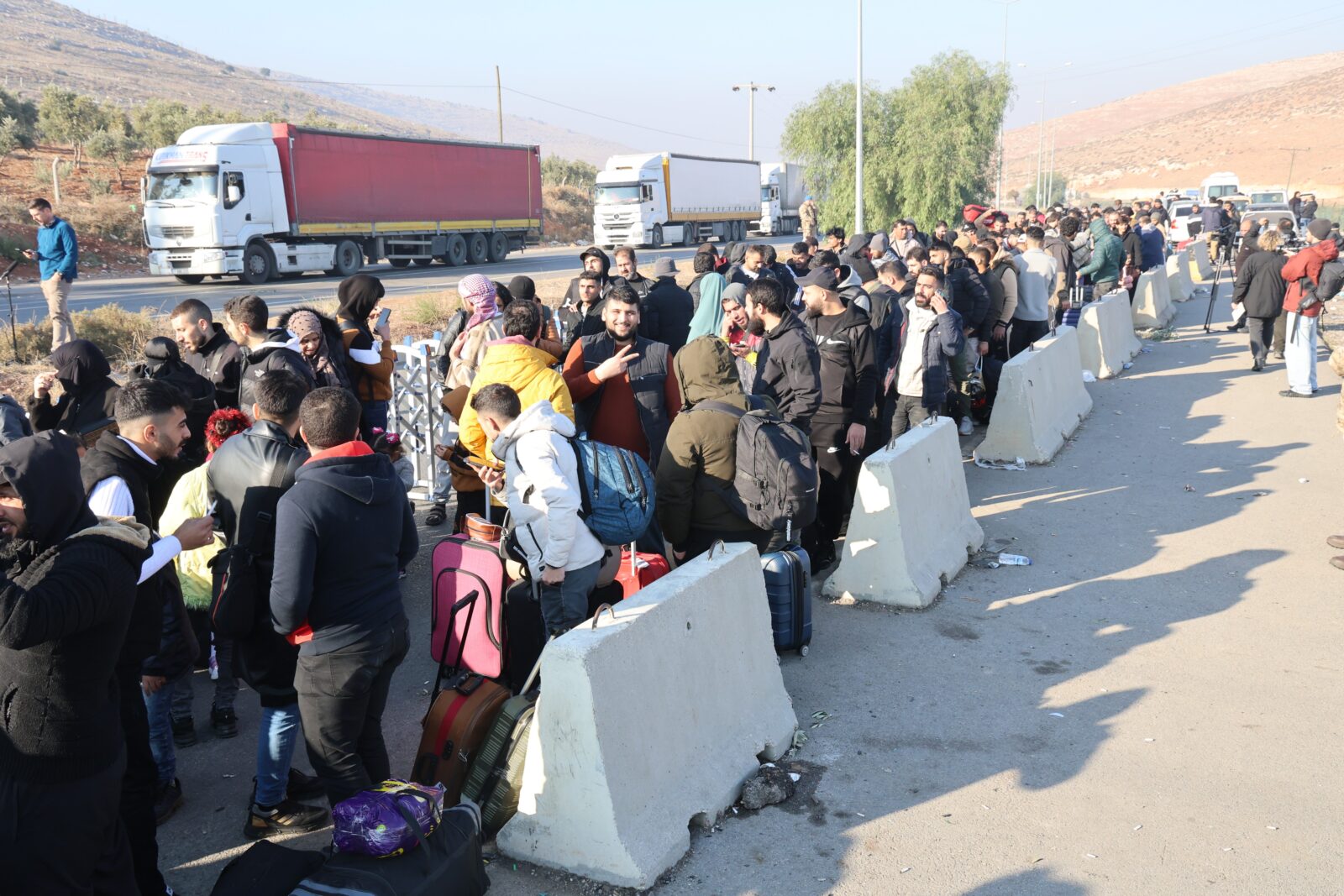
Suriye’de 15 yıl süren iç savaşın ardından Beşar Esad rejiminin yıkılmasıyla Suriye vatandaşları, ülkelerine gitmeye başladı. Hatay’ın Reyhanlı ilçesinde Cilvegözü Gümrük Kapısı’nda Suriyeliler ülkelerine dönmek için sıraya girdi.
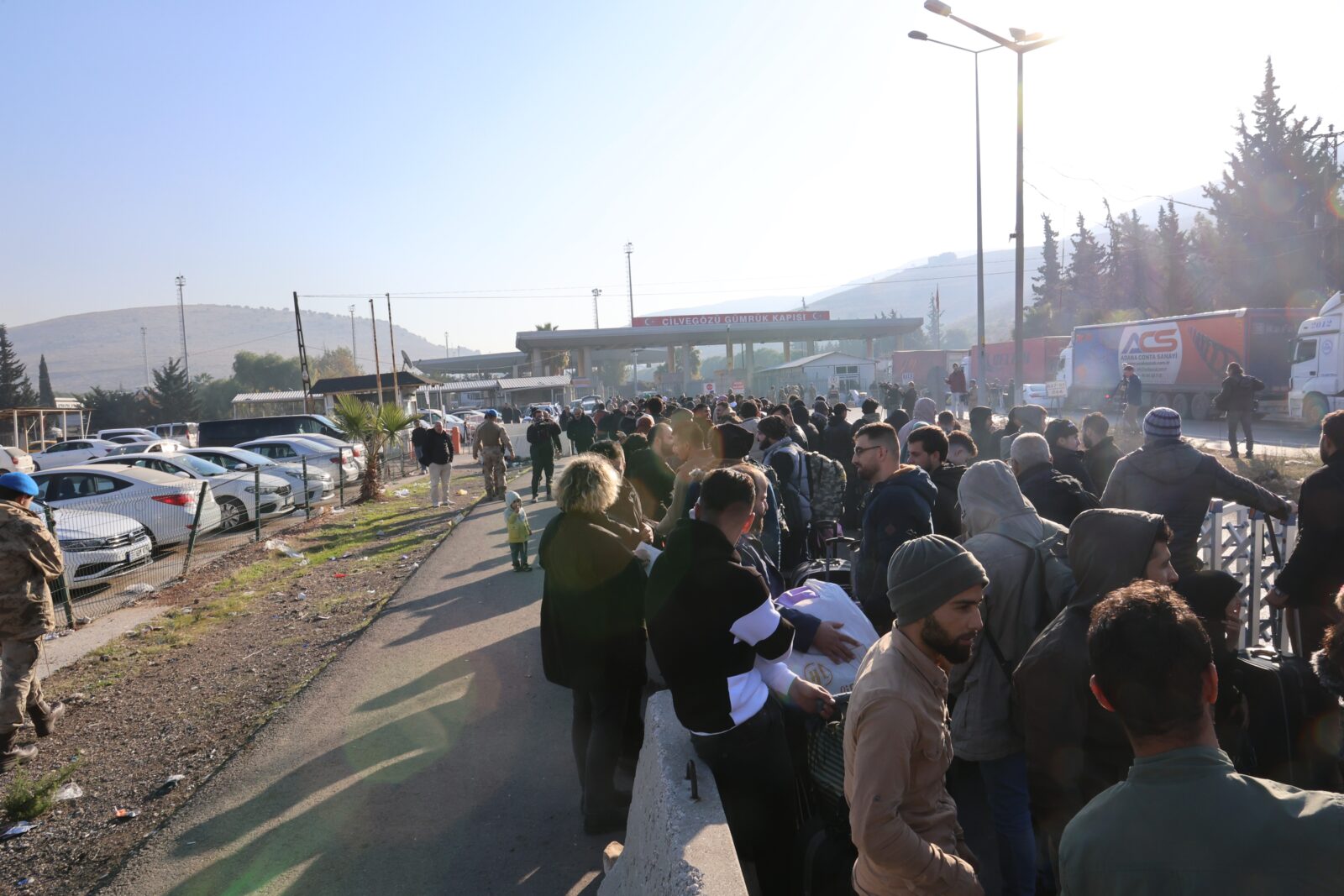
Suriye’de 15 yıl süren iç savaşın ardından Beşar Esad rejiminin yıkılmasıyla Suriye vatandaşları, ülkelerine gitmeye başladı. Hatay’ın Reyhanlı ilçesinde Cilvegözü Gümrük Kapısı’nda Suriyeliler ülkelerine dönmek için sıraya girdi.
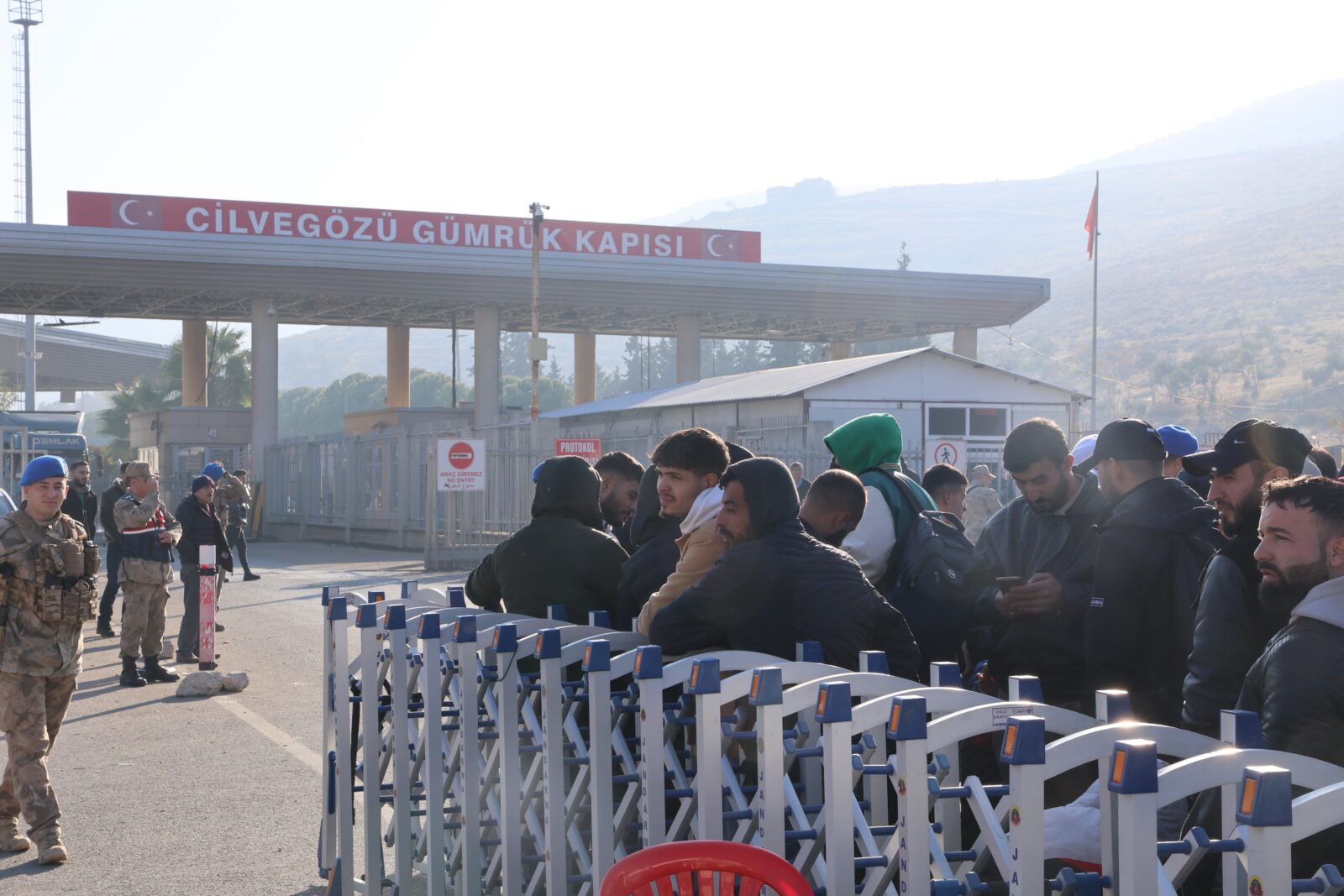
According to Turkish Interior Minister Ali Yerlikaya, over 25,000 Syrians have returned to their homeland in the past two weeks—a sevenfold increase compared to earlier periods.
Future labor crisis looming for the textile sector
Cevizli also addressed challenges in attracting new workers to the industry, asserting that Turkish youth are reluctant to work in the Turkish textile sector. “They neither aspire to become machine operators nor mid-level technicians,” Cevizli said, highlighting this issue as one of the biggest threats to the future of the sector.
“To mitigate this risk, vocational schools must provide relevant training, and we need to channel local labor into this field through education,” he suggested.
‘Turkish textile sector will rebound by 2025’
Discussing the sector’s contribution to exports, Cevizli noted that the industry has experienced significant challenges. In 2024, the textile sector contracted by nearly 10%, driven by rising labor and energy costs in Türkiye, as well as increasing shipping fees, Cevizli pointed out.
However, he expressed optimism, predicting that the sector would recover and regain strength by 2025.
Cevizli further mentioned that some firms have relocated their production facilities to countries like Egypt, where labor and energy costs are significantly lower.
“A few companies from Giyimkent have moved production to Egypt because of these lower costs. However, it is unlikely that firms operating there can match the quality and fashion standards achieved in Türkiye in the short term,” he said.
“Egypt is offering substantial incentives for production, but for Türkiye to stay competitive, we need to establish global firms. While overseas production is an option, exporting goods through Türkiye could be a viable third pathway,” Cevizli noted.



